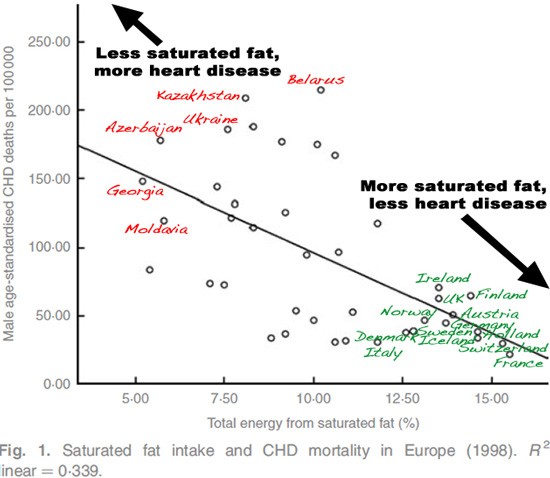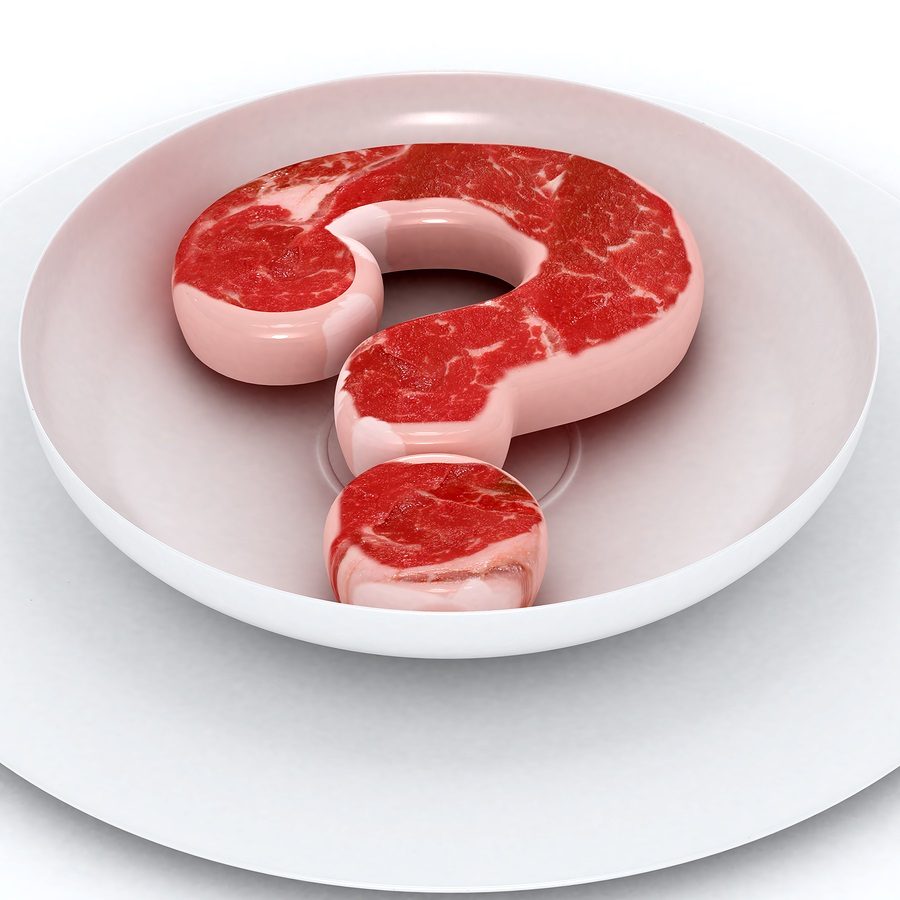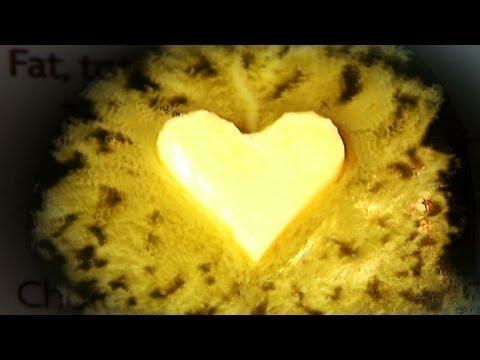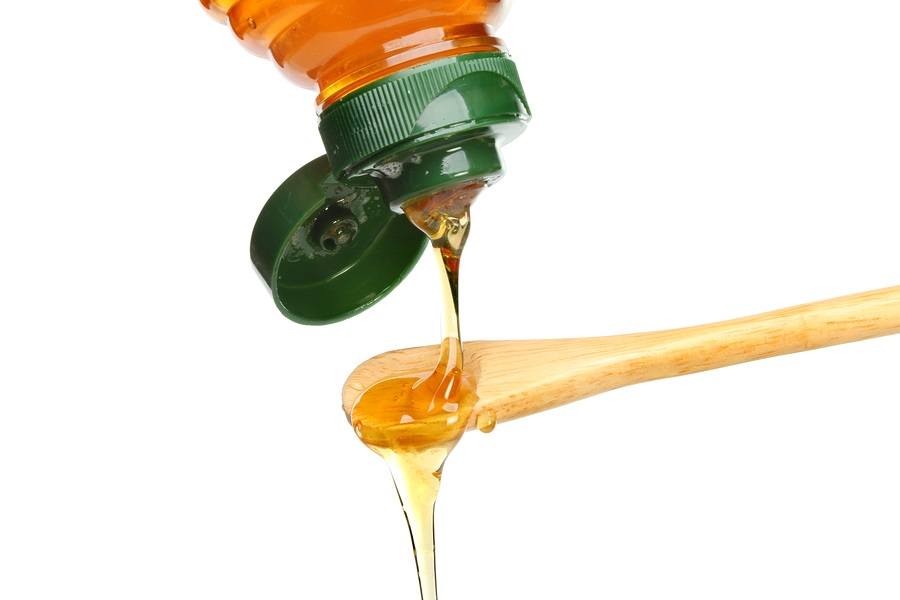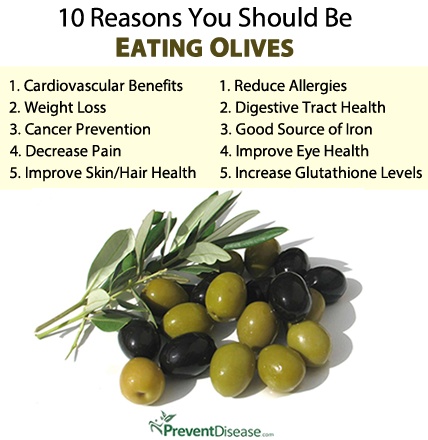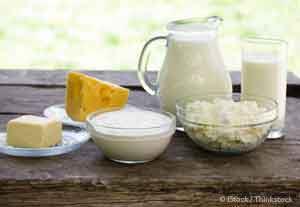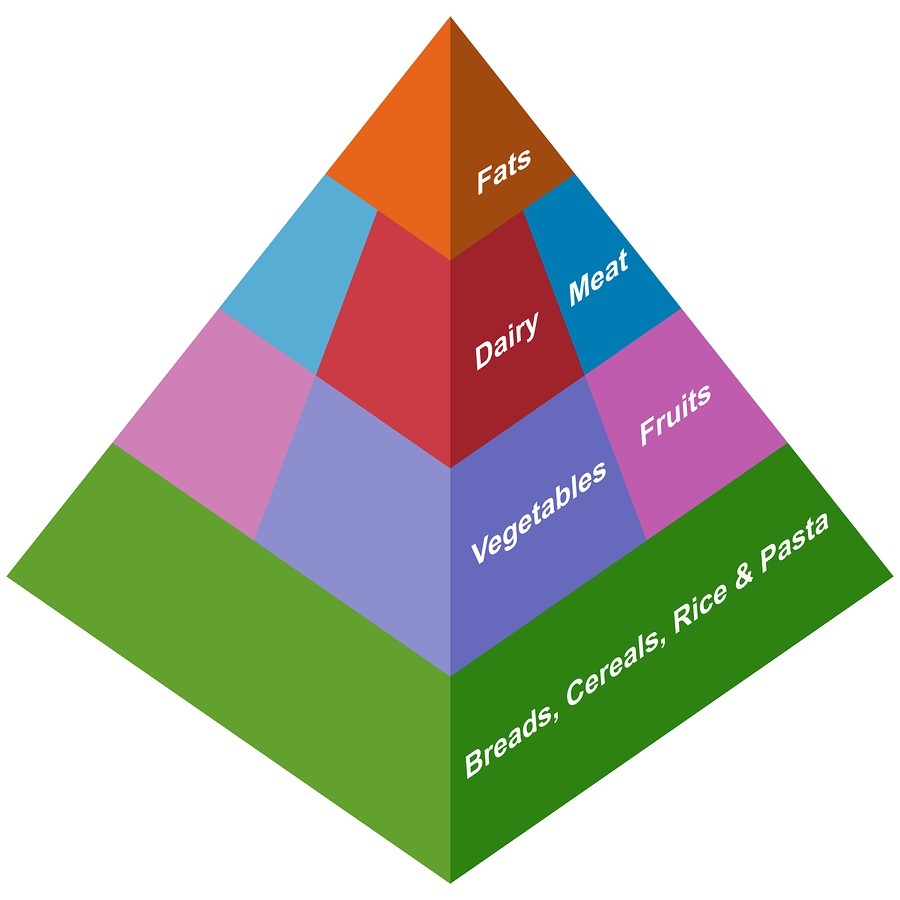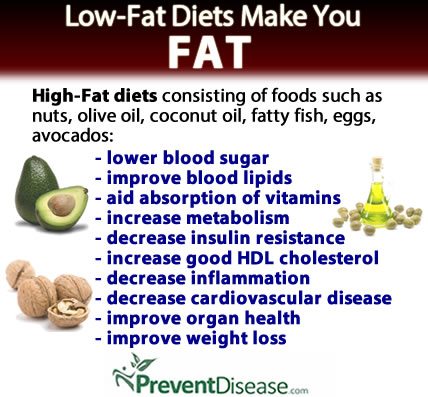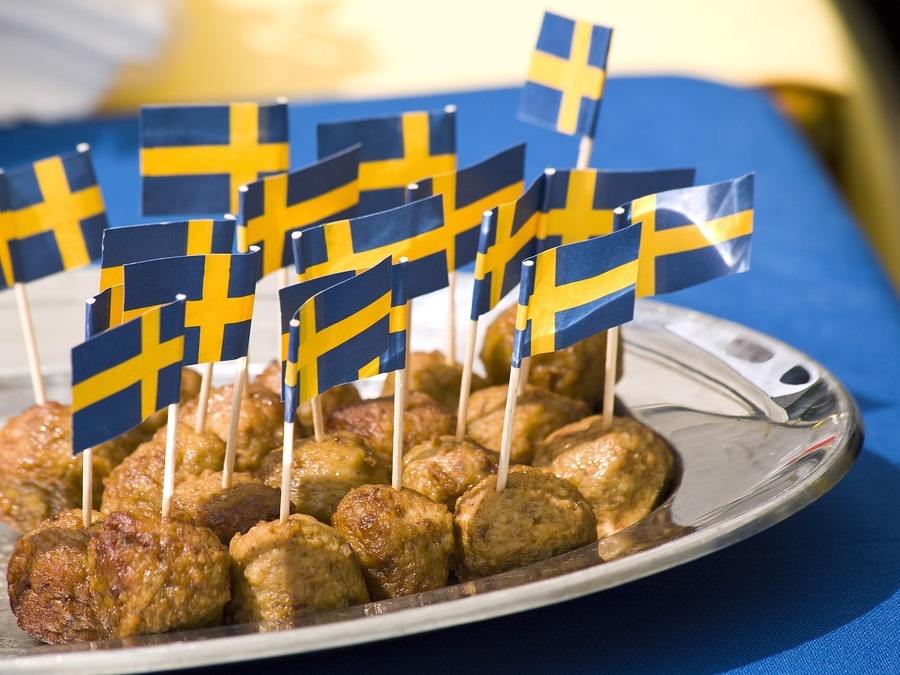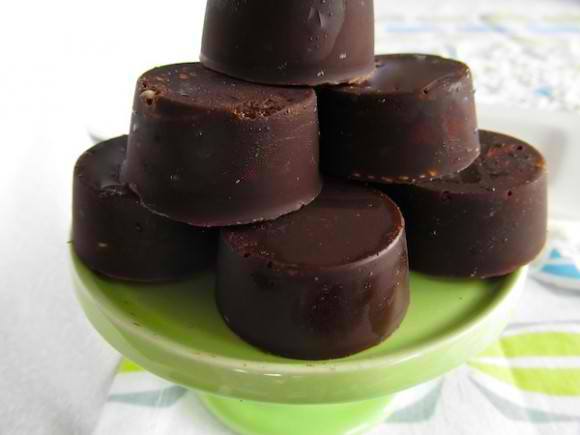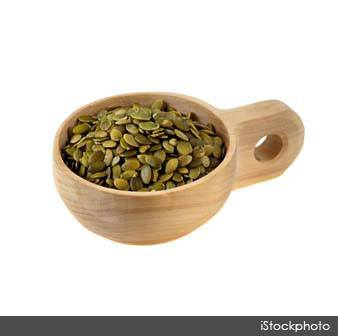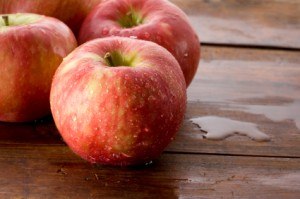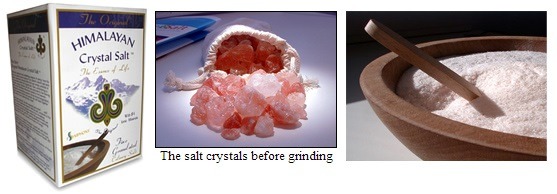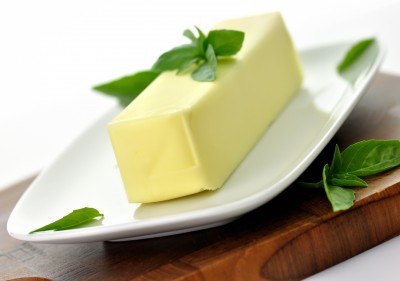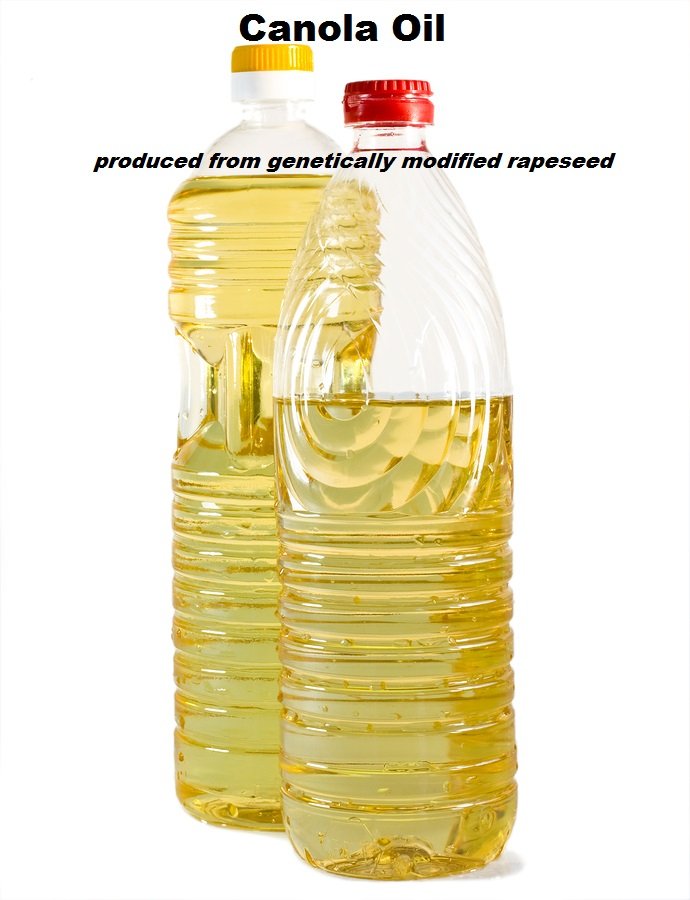News regarding traditional wisdom and native diets regarding nutrition.
Court Appointed Psychiatrist Rules Dad ‘Unfit’ Because He Refused to Take Son to McDonald’s
A defamation lawsuit in New York alleges a court-appointed psychiatrist told a judge a man who refused to take his son to McDonald's was an unfit parent. David Schorr, 43, a Manhattan attorney, filed a lawsuit in city Supreme Court alleging court-appointed psychiatrist Marilyn Schiller filed a report in his custody battle saying he was "wholly incapable of taking care of his son" and should be denied weekend visitation rights for refusing to take his 4-year-old son to the fast-food restaurant.
N.Y. Times Admits Raw Milk is Cure For Allergies
In this N.Y. Times opinion piece, dairy farm life and the consumption of raw dairy milk is clearly shown to be associated with reduced allergies. But raw milk consumption is discouraged nevertheless, and people are encouraged instead to wait for new drugs which will mimic the same effect.
Why the “War” on Saturated Fat Was the Biggest Mistake in the History of Nutrition
The “war” on saturated fat is the biggest mistake in the history of nutrition. As people have reduced their intake of animal fat and cholesterol, many serious diseases have gone up. We are now in the midst of worldwide pandemics of obesity, metabolic syndrome and type II diabetes. Studies conducted in the past few decades conclusively show that neither saturated fat nor dietary cholesterol cause harm in humans. Scientists are now beginning to realize that the entire low-fat dogma was based on flawed studies that have since been thoroughly debunked. Here are 6 graphs that clearly show how incredibly damaging it has been to advise people to reduce their consumption of saturated fat.
Ractopamine: The Meat Additive on Your Plate That’s Banned Almost Everywhere But America
Have you ever heard of ractopamine? Neither have most US food consumers though it is used in 80 percent of US pig and cattle operations. The asthma drug-like growth additive, called a beta-agonist, has enjoyed stealth use in the US food supply for a decade despite being widely banned overseas. Ractopamine is banned in the EU, Russia, China, Taiwan and many other countries. The Center for Food Safety (CFS) and Animal Legal Defense Fund (ALDF) have sued the FDA for withholding records pertaining to ractopamine's safety.
Saturated Fat and Cholesterol Myth Exposed in Mainstream Media in Australia
Outside of the United States, the myth that saturated fat and cholesterol cause heart disease is quickly falling apart. Sweden just recently became the first western nation to reject the low-fat dietary philosophy in favor of a high-fat low-carbohydrate diet. A leading cardiologist in the U.K. made shock waves recently by appearing in the mainstream media and stating that saturated fats were not the cause of heart disease, but refined carbohydrates were. Now, ABC TV in Australia has now released a news documentary with the title: "HEART OF THE MATTER: The Cholesterol Myth: Dietary Villains and Cholesterol Drug War." This documentary interviews cardiologists, science writers, and other experts who expose the saturated fat and cholesterol myth. People around the world are waking up to these dietary myths, as well as the scam of cholesterol-lowering drugs and how harmful they actually are. But given that exposing this myth threatens the loss of billions of dollars in profits in the United States, will the mainstream media and the U.S. Government follow other western nations?
Cardiologist Speaks Out On The Myth of Bad Saturated Fat, Stating Carbs Are More Damaging Than Butter
A false interpretation of scientific studies has led to millions being "over-medicated" with statin drugs due to the proliferation of myths in the medical community regarding the role of saturated fat in heart disease. A Cardiologist is speaking out stating that almost four decades of advice to cut back on saturated fats found in foods such as butter and meat has paradoxically increased our cardiovascular risks.
Agave is Far Worse than High Fructose Corn Syrup
Many people interested in staying healthy have switched to agave as a safer "natural" sweetener. They want to avoid well documented dangerous sweeteners like HFCS (high fructose corn syrup) but are unaware that most agave is actually WORSE than HFCS. Most agave “nectar” or agave “syrup” is nothing more than a laboratory-generated super-condensed fructose syrup, devoid of virtually all nutrient value, and offering you metabolic misfortune in its place. Unfortunately, masterful marketing has resulted in the astronomical popularity of agave syrup among people who believe they are doing their health a favor by avoiding refined sugars like high fructose corn syrup, and dangerous artificial sweeteners. While agave syrup does have a low-glycemic index, so does antifreeze — that doesn’t mean it’s good for you. Most agave syrup has a higher fructose content than any commercial sweetener — ranging from 70 to 97 percent, depending on the brand, which is FAR HIGHER than high fructose corn syrup (HFCS), which averages 55 percent. This makes agave actually WORSE than HFCS.
10 Reasons You Should Be Eating Olives
Even though more attention is usually given to their delicious oil than the whole food itself, olives are one of the world's most widely enjoyed fruits. The health benefits of consuming olives range from cardiovascular to weight loss to improved eye sight. Here are 10 reasons why you should be eating these little delicacies every day.
Raw Milk: A Key Ingredient in Some of the World’s Finest Cheeses
Based on their vehement warnings to the public, as well as their raids on small farms, the US Food and Drug Administration (FDA), the Centers for Disease Control and Prevention (CDC) and the US Department of Agriculture (USDA) want you to believe that raw milk is unsafe. And if you listen to them, you would come away believing that raw milk is a filthy, disease-causing beverage that is virtually guaranteed to make you and your family sick… Yet, this very same ingredient – raw milk – is used to make some of the world’s finest cheeses, from the Italian Parmigiano Reggiano to the famous French-made Camembert. The traditional cheese-making process has been crafted over centuries in many cases, and is truly an art form, with each cheese carefully aged and ripened to develop a complex taste and texture that mass-produced cheeses cannot replicate – thanks, in large part, to their raw milk content.
40 Years of Federal Nutrition Research Fatally Flawed
Four decades of nutrition research funded by the Centers for Disease Control and Prevention (CDC) may be invalid because the method used to collect the data was seriously flawed, according to a new study by the Arnold School of Public Health at the University of South Carolina. The study, led by Arnold School exercise scientist and epidemiologist Edward Archer, has demonstrated significant limitations in the measurement protocols used in the National Health and Nutrition Examination Survey (NHANES). The findings, published in PLOS ONE (The Public Library of Science), reveal that a majority of the nutrition data collected by the NHANES are not "physiologically credible," Archer said. "The nation's major surveillance tool for studying the relationships between nutrition and health is not valid. It is time to stop spending tens of millions of health research dollars collecting invalid data and find more accurate measures," he said.
Why Low-Fat Diets Make You Fat
Governments here and abroad have been cautioning the public for decades on the dangers of high fat diets. Their claims based on "their science" concluded that it's best to avoid fat because of its extra calories - and saturated fats raise the risk of heart disease. You'll still see this on most food pyramids regulated by government policy on diet and nutrition. However, just as mandated healthcare policies fail at the federal level, so do those related to nutrition. This low-fat mantra has been questioned for years by clinicians and nutritional scientists - not least because it has failed to halt the obesity epidemic. The fact is, contrary to official advice by our diet dictocrats, high-fat diets lower blood sugar, improve blood lipids, and reduce obesity.
Sweden Becomes First Western Nation to Reject Low-fat Diet Dogma in Favor of Low-carb High-fat Nutrition
Sweden has become the first Western nation to develop national dietary guidelines that reject the popular low-fat diet dogma in favor of low-carb high-fat nutrition advice. The switch in dietary advice followed the publication of a two-year study by the independent Swedish Council on Health Technology Assessment. The committee reviewed 16,000 studies published through May 31, 2013. The expert committee consisted of ten physicians, and several of them were skeptics to low-carbohydrate diets at the beginning of the investigation. They now conclude that butter, olive oil, heavy cream, and bacon are not harmful foods. Quite the opposite. Fat is the best thing for those who want to lose weight, and there are no connections between a high fat intake and cardiovascular disease.
The Rich Benefits of Eating Chocolate
Science now shows that chocolate may be good for you. Five chemical compounds contained in raw, unadulterated chocolate are highlighted to show exactly what they are and how they work. First, antioxidant polyphenols that neutralize free radicals provide some of the most compelling aspects of eating chocolate because they can reduce processes associated with the development of diseases like Alzheimer’s, heart disease and cancer. Second, chocolate contains anandamide, named after the Sanscrit word for “bliss,” which is a neurotransmitter in the brain that temporarily blocks feelings of pain and anxiety. The caffeine and theobromine in chocolate have been shown to produce higher levels of physical energy and mental alertness while, counter-intuitively, lowering blood pressure in women. Chocolate’s heart-friendly properties may be due to the presence of epicatechins, antioxidants which are found in higher concentrations in darker and raw forms. Studies showed that one-and-a-half ounces of dark chocolate a day for 2 weeks reduced stress hormone levels.
Online Delivery Service of Grass-fed Meats and non-GMO Tested Food Offers Free Shipping Promotion
The Healthy Buyer's Club, an online service of Tropical Traditions, is offering free ground shipping on most of their products to all of its members through Monday October 14th. This first-ever promotion was announced Friday. The Healthy Buyer's Club was developed by Tropical Traditions in 2006 to fill a need in the market for those wanting to purchase healthy products produced by traditional methods that are seldom found on the shelves of grocery stores, or most even health food stores, but lived too far from rural areas where such food is produced and where they could purchase directly from the farms. CEO Brian Shilhavy recently announced that the Healthy Buyer's Club of Tropical Traditions was developing their own labeling certificates that will clearly define the standards of theit products offered. Current certificates and seals printed on labels can be very misleading to the consumer, as the USDA Organic Program continues to be dominated by large corporations seeking to water down the organic standards to allow more commodity food to capitalize on the growing organic food market. Likewise, in the absence of any standards for GMO labeling, private organizations have come up with non-GMO verified and certification seals that lead one to believe that the products are completely free of GMO contamination. Read More.
Why Bananas Are Good For Weight Loss and Immunity
The misinformation about bananas on the internet is fairly extensive, especially relating to weight loss. There are some people out there actually trying to convince audiences that bananas are as bad to consume as cookies and french fries...I kid you not. If we look at the facts on bananas, we find a fruit with a low glycemic index, high in fiber and full of vitamins. They are one of the most nutritious and natural foods that help promote weight loss and help enhance immunity.
10 Health Benefits of Pumpkin Seeds
Pumpkin seeds are nutritional powerhouses wrapped up in a very small package, with a wide variety of nutrients ranging from magnesium and manganese to copper, protein and zinc. They contain a wide array of beneficial plant compounds known as phytosterols and free-radical scavenging antioxidants, which can give your health an added boost. Pumpkin seeds may benefit your heart, liver and immune system, help fight diabetes, and offer unique benefits for men’s prostate health and women’s relief of menopause symptoms as well.
Europeans and Canadians Enjoy Antibiotic-Free Organic Apples and Pears, but Not in the U.S.
Americans may never taste an organic apple or pear that hasn’t been sprayed with antibiotics unless the NOSB sticks to its plan to forbid streptomycin on all organic fruits after October 2014. Organic food should not contain synthetic substances, and most of it doesn’t—with the exception of apples and pears. Organic apple and pear trees are sprayed with streptomycin and oxytetracycline to prevent “fire blight,” so named because the tree appears to be burned. In 2011, the National Organic Standards Board (NOSB, the decision-making body behind the federal organic standards), voted to prohibit antibiotics after October 2014. But growers have now petitioned NOSB for more time, so NOSB may delay the sunset date until 2016, unnecessarily exposing both orchards and consumers to streptomycin for at least two additional years.
Too Little Salt in the Diet, NOT Too Much, Associated with Higher Risk of Heart Disease
Salt is the second major constituent in our body, next to water. We need adequate amounts of good salt in our diet to run hundreds of different biochemical pathways. We have been conditioned to think that we should eat less salt. The powers-that-be routinely release edicts stating that we need to eat less salt in order to be healthier and have less hypertension. However, this is just not true. Eating less salt will not make us healthier and not lower the risk for hypertension. A new study shows that lower salt consumption actually results in higher rates of hypertension.
The Devastating Consequences of Replacing Butter with Margarine in Our Diet
The Diet Dictocrats told us to drop butter decades ago and switch to a so-called healthier substitute called margarine made with what they claimed would be less harmful polyunsaturated fats. Their promise was it would prevent disease. People around the globe questioned this advice, especially those who have valued butter for its life-sustaining properties for millennia. Today we know that butter is light years healthier than margarine ever could be. It's a lesson to never go against the wisdom of our ancestors and always distrust corporate and malicious propaganda designed to generate profits not health.
Bill Gates Funded Egg Replacement Product Made from GMO Plants Appears at Whole Foods
It was announced this past week in the in several media sources that a new plant-based egg replacement product funded by Bill Gates and Paypal billionaire Peter Thiel was being launched at some Whole Foods stores in California. The product is advertised as "GMO free", but is made mostly from canola oil. Is this really a healthy food? Why do so many health food stores and "health products" manufacturers use canola oil, and why is this product considered healthy? What power do we as consumers have to affect the choices of foods available in the market place? Read More.






